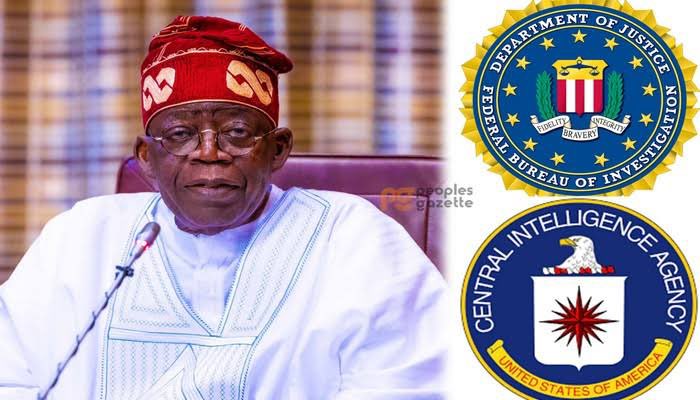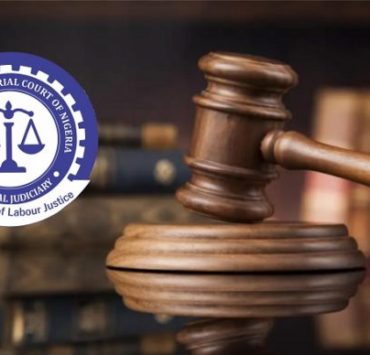CIA, FBI, DEA Block Access to Tinubu’s Files, Insist Nigerians Lack Right to Full Disclosure

Lawyard is a legal media and services platform that provides…
Top U.S. law enforcement agencies, including the CIA, FBI, and DEA, have filed a memorandum opposing the release of unredacted records related to Nigerian President Bola Tinubu, asserting that Nigerians do not have a “right” to unrestricted access to his past records. The filing came in response to a summary judgment motion by journalist David Hundeyin, who seeks the removal of redactions on documents tied to a past drug trafficking investigation involving Tinubu.

The agencies argued in the U.S. District Court for the District of Columbia that full disclosure of the information could compromise U.S. national security, endangering sources and jeopardizing intelligence operations. An excerpt from the CIA’s statement emphasized that cooperating sources trust the CIA to protect their identities, adding that “disclosure of their cooperation” could lead to retaliatory action, affecting both the individuals and their connections.

An excerpt from the CIA filing reads: “Human sources can be expected to furnish information to the CIA only when they are confident the CIA can and will do everything in its power to prevent the public disclosure of their cooperation. In the case of a person who has been cooperating with the CIA, official confirmation of that cooperation could cause the targets to take retaliatory action against that person or against their family or friends. It also places in jeopardy every individual with whom the cooperating individual has had contact. Thus, the indiscretion of one source in a chain of intelligence sources can damage an entire spectrum of sources. As such, confirming or denying the existence of records on a particular foreign national, like Tinubu, reasonably could be expected to cause damage to U.S. national security by indicating whether or not the CIA maintained any human intelligence sources related to Tinubu, and identifying any access or lack of access any such sources had to intelligence concerning him.”
The DEA further asserted that while Nigerians might have the right to know what their government is doing, they “do not have a right to know what their president is up to.” This opposition underscores the tension between national security interests and the push for transparency regarding President Tinubu’s past.
Hundeyin shared his disappointment, interpreting the stance as a deliberate attempt by the U.S. to obstruct African nations from confronting challenges posed by problematic leadership. He added that this secrecy might perpetuate instability in the region.
This development has sparked controversy, with many Nigerians demanding transparency and full disclosure.
Lawyard is a legal media and services platform that provides enlightenment and access to legal services to members of the public (individuals and businesses) while also availing lawyers of needed information on new trends and resources in various areas of practice.













